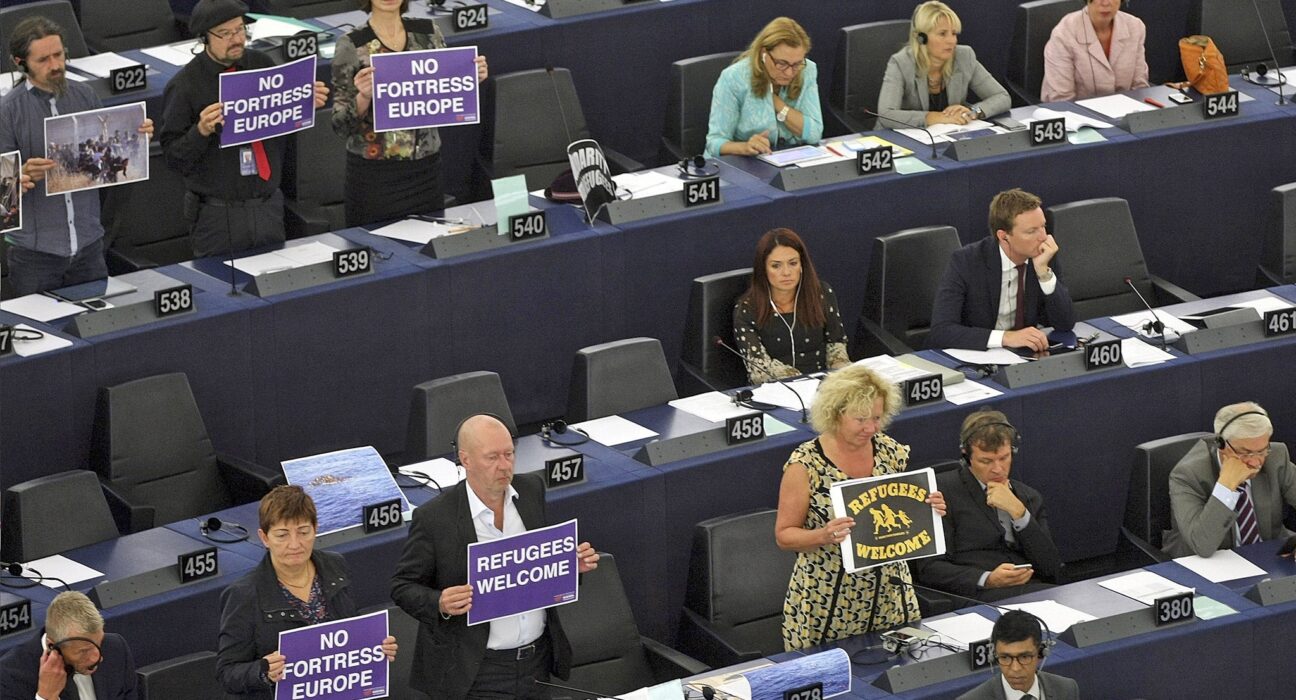As the world grapples with various challenges, one crucial aspect that often sparks debates is border control and aid distribution. Recently, the United Nations migration chief raised concerns about the potential consequences of implementing stricter border policies and reducing humanitarian aid. These actions, intended to address certain issues, could inadvertently lead to greater instability if not carefully managed.
In a statement that resonated across diplomatic circles, the UN migration chief highlighted the delicate balance required in addressing migration challenges without causing unintended harm. The need for secure borders is understandable, but it must be approached with caution to avoid exacerbating existing problems.
Experts in international relations have long emphasized the interconnectedness of global issues. A decision made in one part of the world can have far-reaching effects elsewhere. Therefore, when considering tightening borders or reducing aid, it is essential to assess not only immediate outcomes but also potential ripple effects on regional stability and international relations.
In light of recent events such as conflicts and natural disasters displacing populations worldwide, humanitarian aid plays a vital role in providing relief and support to vulnerable communities. Cutting back on aid could not only worsen their suffering but also create fertile ground for further unrest and insecurity.
The complex nature of migration requires comprehensive solutions that take into account human rights, security concerns, economic factors, and geopolitical implications. Simply fortifying borders or slashing aid without a nuanced understanding of these intricacies could do more harm than good in the long run.
Amidst these discussions on policy adjustments, it is crucial to maintain a human-centric approach. Behind every statistic or decision lies real people with unique stories and struggles. As one expert aptly put it,
“We must never lose sight of the human faces behind these policies.”
While security measures are important for safeguarding nations against various threats, they should be implemented judiciously to prevent unintended consequences. Striking a balance between border enforcement and humanitarian assistance is key to fostering stability while upholding fundamental values of compassion and solidarity.
In conclusion, navigating the complexities of tighter borders and reduced aid requires foresight and empathy. By engaging in thoughtful dialogue informed by expert insights and genuine concern for human welfare, policymakers can work towards solutions that promote security without compromising humanity’s collective well-being.

